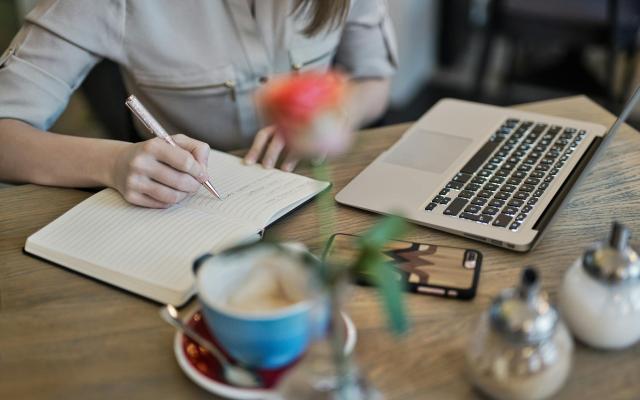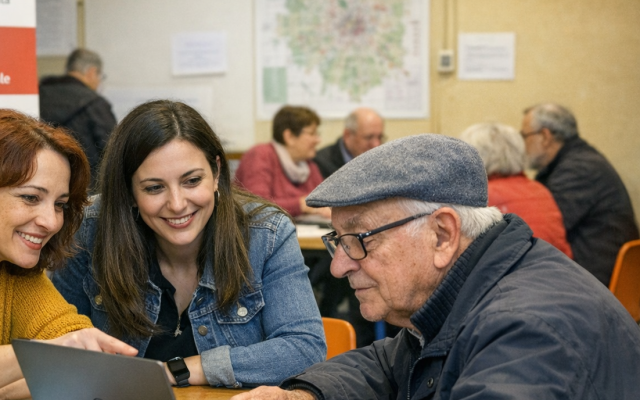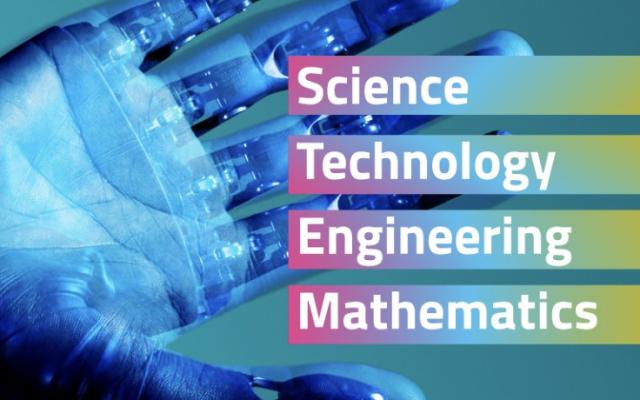Giacomo Palombi, one of the RomeCup organisers, spoke over the phone with the Manetti Team to learn about their experience at the European Robotics Championships in Hannover (June 21-23).
Imantas Colareti Tosti, Matteo Biscolli, Lorenzo Colombini and Paolo Martini , students at the Grosetto Polo tecnologico Manetti-Porciatti and Prof. Daniele Dattrino explain how they took second place in the soccer robot challenge. Unfortunately, they were defeated by the extremely strong Mkv Team from Saint Petersburg.
Manetti Team, you are the deputy European Champions. How was the final?
The match against the Russian team was hard, but they were absolutely superior to us. And at least we did not lose on account of a problem as usual!
How old are you?
We are all 17 to 18. Two of us has to take our final exams this year and the school helped us out by moving the exam date so we could participate in this championship.
What will you do after receiving your diploma?
We will continue studying engineering, computer science or electronics …
How was the Hannover experience?
The environment was extremely professional as was the organisation. The championships were held in a dedicated pavilion as part of an expo. There were stages, live steaming, team area and even television coverage! The referees were very punctilious, but maybe, at times, it would have been better to see how the situation amongst machines developed …
Have you identified possible improvements by exchanging views with the teams from around Europe?
The best compromise was that of the Russians who balanced their strong and weak points. The Austrian team made up for its software issues with excellent motors that overpowered our robots one on one. However, observing teams, in general, is an excellent way of improving our robots as you notice details that might exist at the national level. During a match, the German team understood that their fixed cameras were inferior to your hyperbolic ones that allowed the robots to see the ball wherever it was. Next year, I think we’ll increase the number of motors and also use a roller that will enable more complex movements. We now have the right ideas to fine tune our robot and achieve better results.
Now that two students from your team will leave for university, how will you replace them?
We will look for new students. The robotics extracurricular activities have become very popular and winning a title will certainly attract even more.
Going back to the competition, in the morning you had the matches. What about in the evening?
We arrived at our team area early in the morning to make sure that the set-up was perfect. Our experience was that this was fundamental. This allowed us to perform well even in the competitions amongst individuals. We also had free fields on which to test the robots and this helped.
Did you hang out with the other teams?
We were continuously working on our robots. We were always there until 6 or 7 pm. One day they threw us out! We did however exchange views with the Austrian team and interacted with others when we had to present the robots to the jury. In fact, this was when we were able to best understand the details of other robots.
I’m curious about when you started designing your robot …
Some of us worked on it from our first year in high school, others joined a little later. However, no matter what your age, it takes a lot of work and commitment to understand how to make things work. Then, one the results start coming it, the fun beings.
(Daniele Quattrino) I would like to add that this year we started a new robotics curriculum that will allow students to develop machines during regular school hours. It has been a great success.
You are leaving an excellent heredity: European deputy champions.
Our predecessors did, too. They won the world championships and participated in dozens of competitions. Then we tried to carry the tradition on. Now, we are aware that those who will come after us will find a good foundation on which to continue working.
At the end of the interview, Prof. Daniele Quattrino thanked all the sponsors that allowed the mission to Hannover: Elettro Mar (Follonica), Tosti (Castel del Piano), the Industrial Experts Union (Unione dei Periti Industriali, Province of Grosseto and, naturally, the Fondazione Mondo Digitale!



